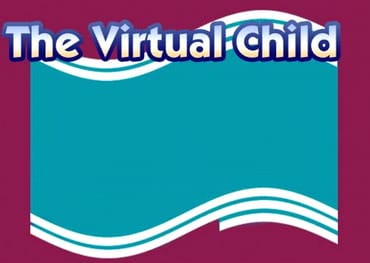Switch content of the page by the Role togglethe content would be changed according to the role

MyVirtualChild, 1st edition
Published by Pearson (September 20, 2006) © 2007
MyLab
C$68.74
Need help? Get in touch

Published by Pearson (September 20, 2006) © 2007
Need help? Get in touch